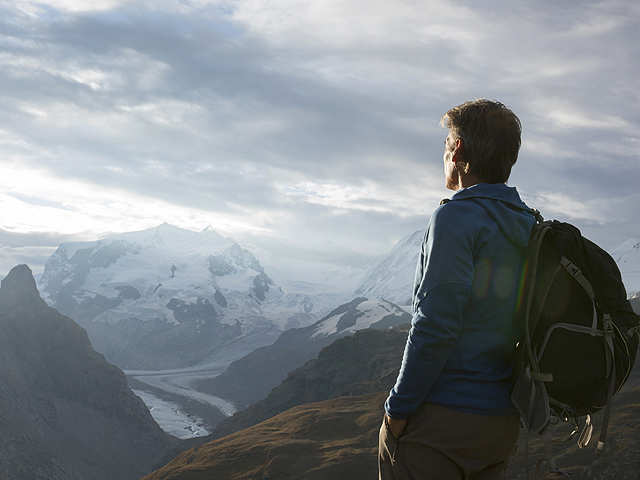Traveling alone, or what some might call the solitary wander, is a powerful journey that unveils a multitude of self-discoveries. In this article, we will delve into the fascinating concept of embracing the freedom of solo travel, exploring one key aspect that resonates deeply with the human psyche.
Navigating the Uncharted Territory of Solitude:
Embarking on a solo adventure taps into a well-known psychological phenomenon called "autonomy." Autonomy is the innate human desire for independence and the ability to make choices without external influence. When you travel alone, you become the captain of your ship, steering through the vast ocean of possibilities with no constraints.
Practical Step 1: Shedding the Comfort Zone
Breaking free from the comfort of familiar faces and routines might seem daunting at first. Start small by planning a weekend getaway to a nearby town or city. This gradual approach allows you to experience autonomy in bite-sized pieces, gradually building your confidence for more extended solo journeys.
Real-world Example: Jenny's Weekend Escape
Jenny, a 25-year-old office worker, decided to break free from her routine. She chose a quaint town just a few hours away for a solo weekend retreat. Exploring local cafes, hiking trails, and museums by herself, Jenny discovered the thrill of making spontaneous decisions without compromising on anyone else's preferences.

The Liberation of Unfiltered Self-Reflection:
Solo travel provides a unique opportunity for unfiltered self-reflection. Without the influence of companions, you can truly connect with your thoughts and emotions, leading to a better understanding of your desires, fears, and aspirations.
Practical Step 2: Journaling Your Journey
Consider keeping a travel journal to document your experiences, thoughts, and feelings during your solo escapades. The act of journaling not only serves as a therapeutic outlet but also allows you to track your personal growth over time.
Real-world Example: Mark's Transformative Expedition
Mark, a 30-year-old adventurer, embarked on a solo trek through the mountains. Each night, he took a few moments to jot down his reflections in a travel journal. As he flipped through the pages at the end of his journey, he realized the profound transformation he had undergone, gaining insights into his resilience and inner strength.
Embracing the Unpredictable Dance of Serendipity:
Solo travel introduces an element of unpredictability, and the beauty lies in embracing the unexpected. This unpredictability triggers a psychological response known as "novelty seeking," where the brain releases dopamine in response to new and exciting experiences.
Practical Step 3: Saying 'Yes' to Spontaneity
Allow room for spontaneity in your solo adventures. Say 'yes' to unexpected opportunities and encounters. Whether it's joining a local festival or accepting an invitation from fellow travelers, these unplanned moments can become the highlight of your journey.
Conclusion:
In the symphony of solo travel, autonomy, self-reflection, and serendipity compose the melody of personal growth and exploration. As you venture into the uncharted territories of your own company, remember that the freedom of traveling alone isn't just a physical journey; it's a profound expedition into the recesses of your own soul. So, pack your bags, set sail into the horizon, and let the winds of autonomy guide you towards the liberation that solo travel uniquely offers.
Comments